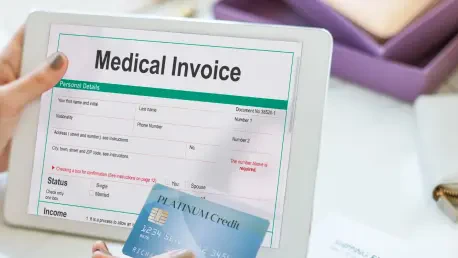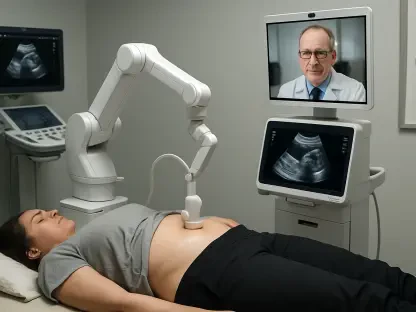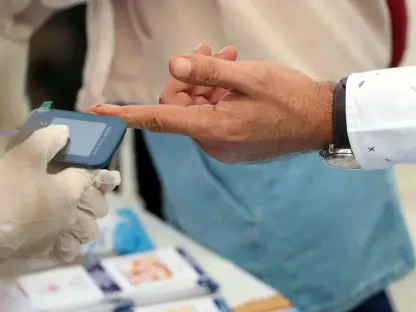The financial burden of medical debt remains a pressing issue for many Americans, with unexpected bills contributing significantly to this dilemma. With $220 billion owed nationwide, the No Surprises Act emerged as a crucial legislative development. Designed to protect individuals from unforeseen healthcare expenses, this Act limits out-of-network charges which historically have resulted in hefty fees for those seeking medical treatment. Despite these protections, the challenge of navigating medical costs persists. For those without insurance or opting to pay out-of-pocket, securing a “good faith” estimate is recommended as this can help prepare for financial obligations. There’s room to contest any bills exceeding the provided estimate by $400, offering patients a formal route to dispute discrepancies and potentially alleviate this financial strain.
Government Resources for Managing Medical Debt
Government assistance programs can play a vital role in mitigating medical expenses, offering relief to those who might otherwise face overwhelming debt. Programs like Medicare, Medicaid, and the Children’s Health Insurance Program can substantially lessen financial burdens, although eligibility often hinges on income levels. Additionally, resources such as Medicare Savings Programs and assistance for prescription drug coverage provide further options for managing healthcare costs. Local charity care programs and referrals from state social service agencies further bolster these efforts by connecting individuals to affordable healthcare. These initiatives are especially beneficial for individuals grappling with the dual pressures of rising medical expenses and limited income. The existence and accessibility of these programs can help patients navigate their fiscal responsibilities with more confidence, thus reducing the stress associated with unexpected medical payments.
Practical Strategies for Handling Medical Expenses
Beyond government programs, effectively managing medical expenses often involves strategic negotiations and proactive personal finance planning. Many healthcare providers are amenable to establishing interest-free payment plans, allowing patients to spread their costs over time without harming credit ratings. It is essential for individuals to ensure they maintain timely payments to avoid negative credit impacts. The initial step in addressing medical bills should involve a thorough review of charges to ensure their accuracy and to identify potential billing errors. This meticulous approach can uncover discrepancies that, when rectified, might lead to a reduced financial obligation. Such strategies provide a holistic approach to tackling medical debt, encouraging patients to be vigilant and resourceful in their financial dealings. Always staying informed and open to negotiation offers a feasible path toward minimizing the funds expended on medical services, thus easing overall debt management.









